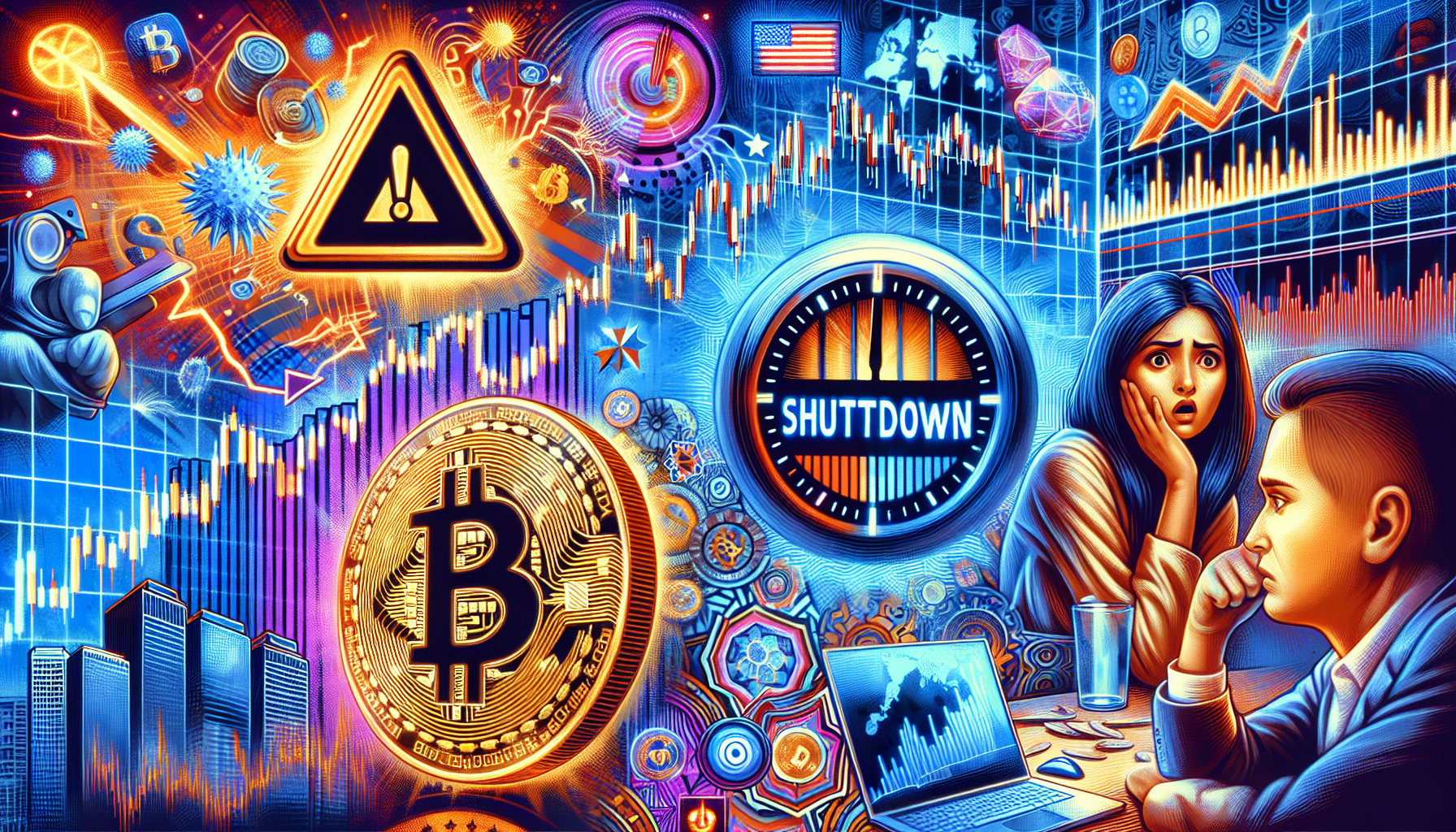
tl;dr
U.S. markets rose for a second day amid shutdown fears, with tech and crypto surging while energy stocks faltered. Bitcoin hit $114K, Robinhood soared 12%, and global markets braced for Fed rate cuts as inflation and geopolitical tensions loomed.
On September 29, 2025, U.S. stock markets closed higher for a second consecutive day, with the Nasdaq, S&P 500, and Dow Jones Industrial Average all posting gains amid a mix of cautious optimism and uncertainty. The Nasdaq rose 0.5%, the S&P 500 edged up 0.3%, and the Dow added 0.2%, reversing a losing week but finishing lower for the period. The rally came as investors braced for a potential federal government shutdown, with lawmakers scrambling to avoid a fiscal crisis by a midnight deadline on Wednesday. The U.S. dollar and Treasury yields fell, reflecting concerns over the political impasse, while gold surged over 1% to a record $3,860 per ounce, underscoring its status as a safe-haven asset.
The energy sector, however, lagged, with the S&P 500 Energy Sector plunging 1.9% as West Texas Intermediate crude futures dropped nearly 4% to $63.20 per barrel. This decline followed reports that OPEC and its allies plan to increase oil production in November, easing supply concerns but weighing on prices. Meanwhile, Bitcoin climbed more than 3% to $114,400, buoyed by positive sentiment in the crypto market.
Robinhood Markets (HOOD) stood out as a standout performer, surging over 12% after CEO Vlad Tenev highlighted that the platform’s prediction markets had surpassed 4 billion event contracts traded. The stock has now gained 27% this month and more than 250% year-to-date, despite earlier struggles. Similarly, hard drive manufacturers Western Digital (WDC) and Seagate Technology (STX) jumped 9.2% and 5.3%, respectively, as Morgan Stanley analysts upgraded their price targets, citing strong demand for data storage driven by artificial intelligence.
In the tech space, Nvidia (NVDA) edged higher, while Intel (INTC) faced headwinds, slipping 4% despite a 20% surge the previous week. The semiconductor giant remains under scrutiny as it seeks additional investments from Apple and Taiwan Semiconductor Manufacturing Co., though analysts caution about its long-term fundamentals.
The acquisition of Electronic Arts (EA) by a consortium led by the Saudi Public Investment Fund, Silver Lake, and Affinity Partners for $55 billion sent shares of the video game giant up 4.5% after confirming the deal. Meanwhile, Carnival (CCL) fell 4% despite better-than-expected earnings, as investors worried about lower-than-anticipated yield forecasts.
Global markets also reacted to broader economic pressures, with U.S.-listed shares of GSK (GSK) rising 3% following news of CEO Emma Walmsley’s impending departure. Meanwhile, the looming government shutdown and rising inflation have pushed more Americans to seek second jobs, according to a survey by the American Staffing Association, highlighting the strain on household budgets.
As the Federal Reserve prepares for its October meeting, markets are closely watching for potential rate cuts to stabilize the economy. With inflation and job market concerns persisting, the central bank faces a delicate balancing act. For now, investors remain on edge, navigating a landscape shaped by geopolitical risks, regulatory shifts, and the relentless march of technological innovation.